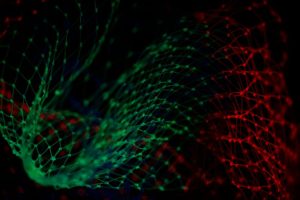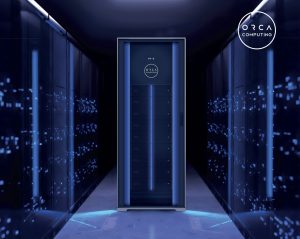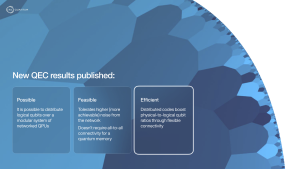SANTA CLARA — At SC24, NVIDIA announced its collaboration with Google Quantum AI to accelerate the development of next-generation quantum computing devices. By leveraging the NVIDIA CUDA-Q™ platform and the NVIDIA Eos supercomputer, Google is conducting advanced simulations to overcome key design challenges in quantum hardware.
Tackling Noise in Quantum Computing Hardware
Quantum computing has immense potential, but its scalability is hindered by “noise,” a phenomenon that disrupts computations as quantum operations increase. To address this, Google Quantum AI uses NVIDIA’s hybrid quantum-classical computing capabilities to simulate the complex physics of its quantum processors. These simulations provide critical insights into how qubits—the building blocks of quantum computers—interact with their environments.
“The ability to scale quantum hardware while managing noise is essential for realizing commercially viable quantum computers,” said Guifre Vidal, research scientist at Google Quantum AI. “With NVIDIA’s accelerated computing, we are investigating how noise affects increasingly larger quantum chip designs.”
Unprecedented Simulation Capabilities
Traditionally, such simulations have been prohibitively computationally expensive. However, using NVIDIA’s CUDA-Q platform and 1,024 NVIDIA H100 Tensor Core GPUs on the Eos supercomputer, Google is performing some of the largest and fastest dynamical simulations of quantum devices ever conducted. This innovation drastically reduces costs and allows for simulations of 40-qubit systems—previously an unattainable scale.
“AI supercomputing is proving to be a critical enabler for advancing quantum computing,” said Tim Costa, director of quantum and HPC at NVIDIA. “Google’s use of the CUDA-Q platform underscores the transformative role of GPU-accelerated simulations in addressing real-world challenges.”
Significant Reductions in Simulation Time
Simulations that once required a week to complete can now be executed in minutes using CUDA-Q and NVIDIA H100 GPUs. This breakthrough enables Google to conduct comprehensive, realistic assessments of quantum hardware designs, paving the way for rapid innovation in the field.
Expanding Access to Advanced Tools
NVIDIA is making the software powering these simulations publicly available through the CUDA-Q platform. This move will empower quantum hardware engineers globally to scale their designs and accelerate advancements in quantum computing.
NVIDIA’s collaboration with Google Quantum AI highlights the crucial intersection of AI, accelerated computing, and quantum research. Together, these efforts are propelling the development of quantum technologies capable of solving some of the world’s most complex problems.



















